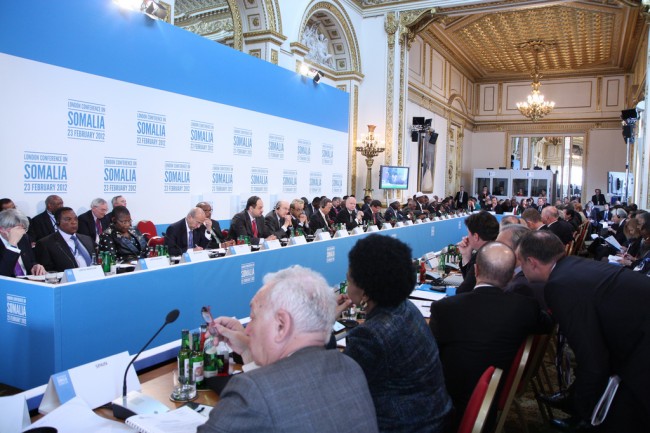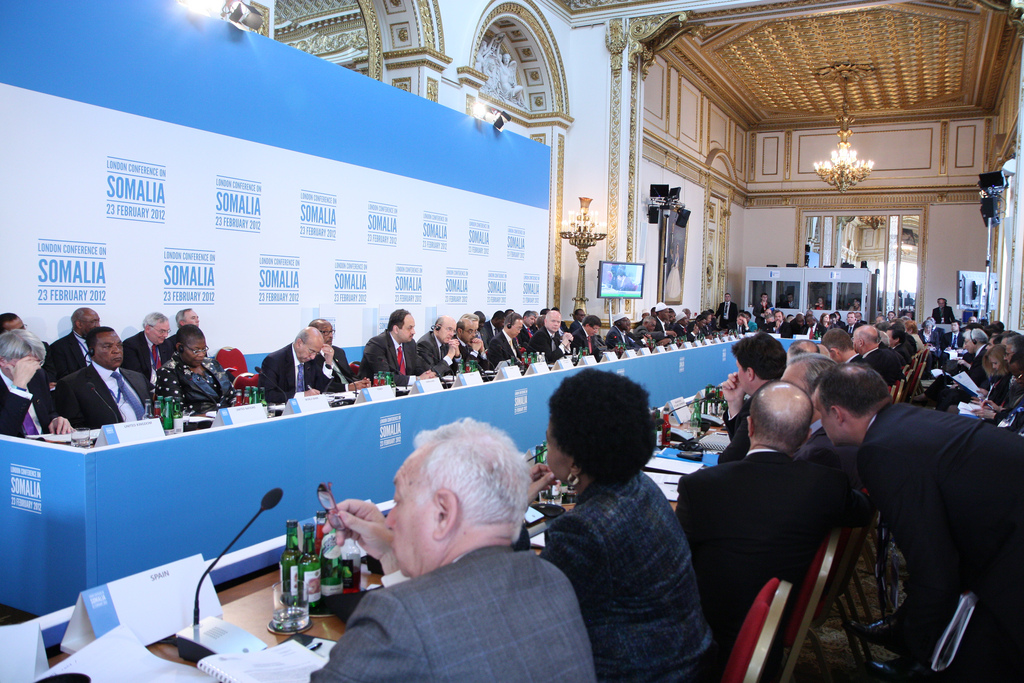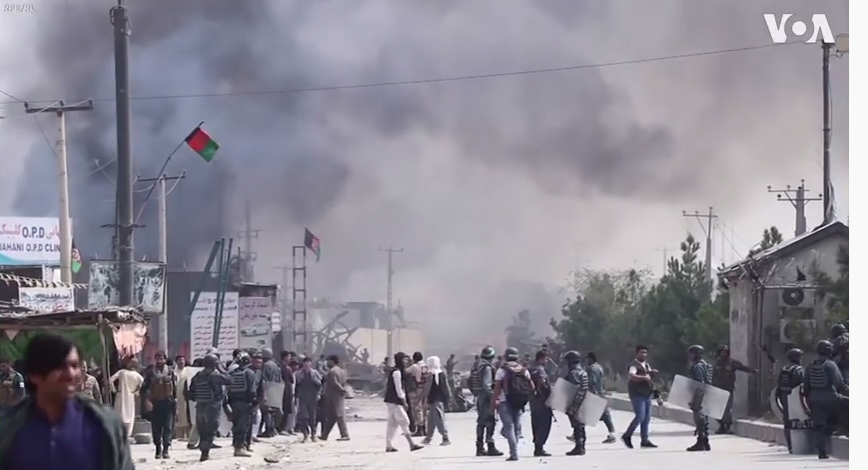Judgment of the Pirates: Solutions from London

(BRUSSELS2) On the sidelines of the London conference on Somalia, today, several measures were taken to strengthen the fight against piracy
Suspect transfer agreements with Tanzania
British Foreign Minister William Hague and his Tanzanian counterpart, Bernard Membe, signed a Memorandum of Understanding (MoU) allowing the Royal Navy to transfer suspected pirates to be prosecuted. Such an agreement has been under negotiation at European level for several months, without result for the moment. The Foreign Office has also signed a Letter of Intent with Mauritius Minister Arvin Boolell with the intention of concluding an MoU by June. The European Union has already signed such an agreement.
NB: One may wonder about the need for the United Kingdom to sign such agreements alongside the European Union of which it is a member. It's quite simple and is based on a British peculiarity. Although leading the EU's anti-piracy operation (Eunavfor), the British rarely make their ships available to the Union and prefer to work either with NATO (Ocean Shield) or within the anti-piracy coalition. - American piracy (CTF 151). They cannot then benefit from the agreements signed by the European Union, which only benefits the countries participating in the Eunavfor operation (whether or not they are members of the European Union).
Transfer of convicts to Somaliland and Puntland
Somaliland yesterday Wednesday (February 22) signed a final agreement to accept convicted Somali prisoners in Seychelles. The first transfer of 19 people is expected to take place by the end of March, confirming previous information from B2 (read: What to do with arrested pirates? Where to judge them? Where to imprison them? Answers…). As for Puntland, another autonomous region of Somalia, it has undertaken to take charge of prisoners who have already been sentenced by August.
A task force to "trace" the ransoms
An international ransom money task force. Objective: to be able to trace where the ransom money goes in the world, to better understand the recycling of this money, and to break it. William Hague announced that he wanted to work with its international partners in the coming weeks to put in place the structure and modalities of (this) Task force ».
A regional intelligence coordination center in the Seychelles
A coordination center - called RAPPICC for Anti-Piracy Prosecutions Intelligence Co-ordination Center - will be created in Seychelles with the primary task of strengthening the exchange of information on the prosecution of pirates. It will coordinate and analyze available intelligence to help strengthen anti-piracy operations, not only by prosecuting individuals suspected of piracy but also those who finance such operations. The United Kingdom will finance the construction of this center to the tune of £550.000 and will provide the director. Both the Netherlands and Interpol have already announced their intention to support this centre.

